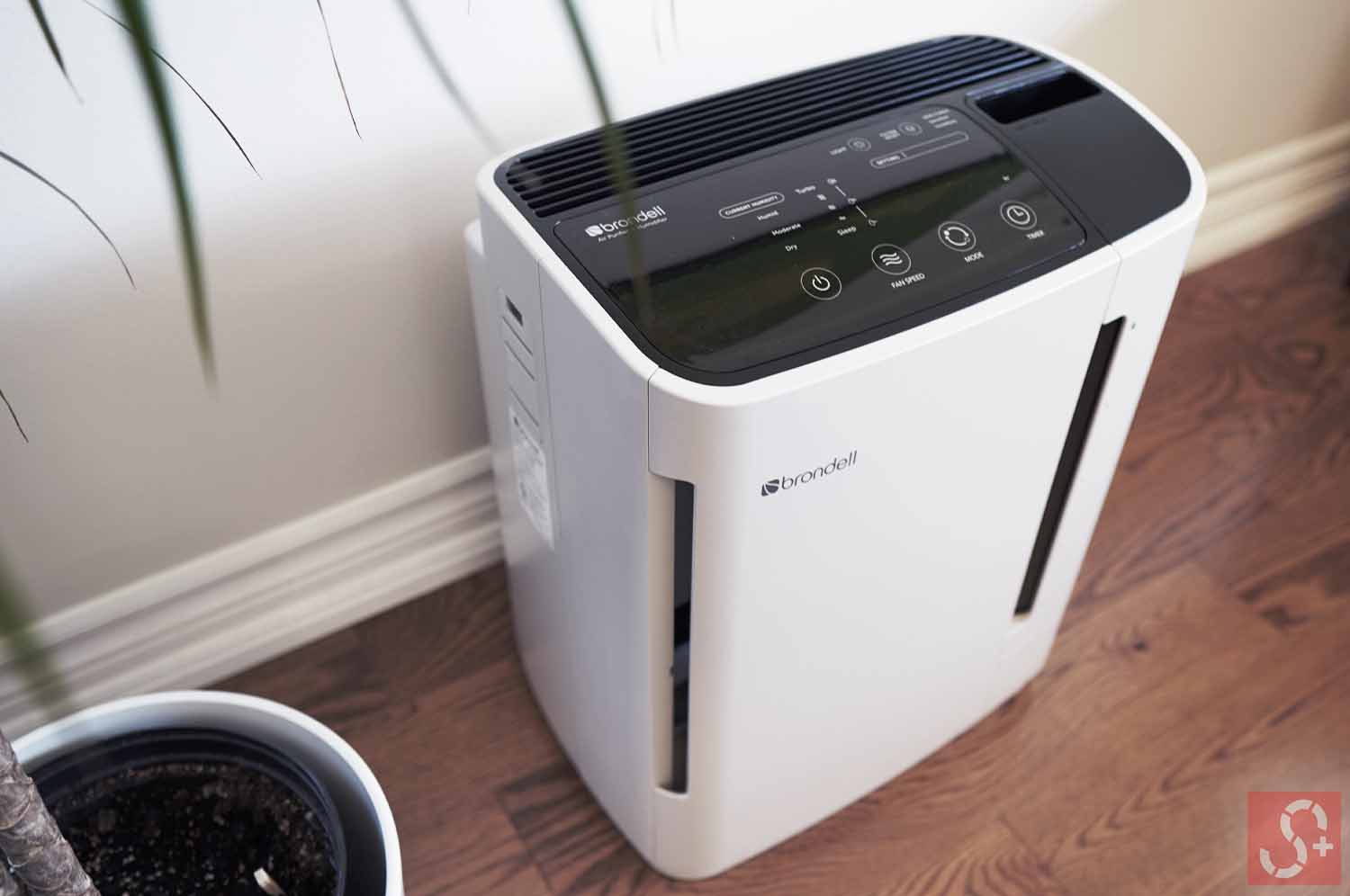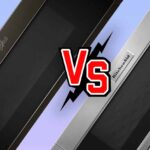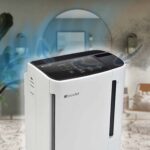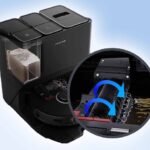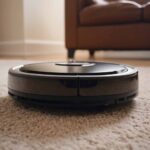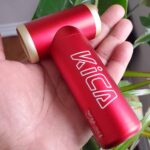Sensitive to airborne particles or the dryness of the environment around you? You’re not alone – and finding the right air purifier and humidifier can be the key to superior air quality and healthier life.
Key Takeaways:
The Brondell Revive is a 2-in-1 air purifier and humidifier that uses dual true HEPA filters and layered methods of filtration and humidifiers to provide clean air with a balanced humidity for even the most sensitive individuals.
Keep reading for more information on how the Brondell Revive works and what it can do for you.
How Does Brondell Revive Improve Air Quality?
The Brondell Revive uses HEPA filters and a multi-layered system to ensure maximum air purity. Each layer is specifically designed to remove different contaminants from the air. The Brondell Revive reduces the number of allergens, hazardous gasses, and particulates, making the air easier to breathe.
It also uses evaporation technology to reintroduce moisture into the air.
Additional moisture helps reduce the irritation to the sinuses. The evaporation technology is used to help keep a balanced and optimum level of humidity in your home.
What Is Involved In The Air Filtration System?
The 2 intake ports with true HEPA filters work to remove allergens, dust, smoke, and other particulates.
And the 5 layer filtration system includes:
- A pre-filter for large particles
- An activated charcoal filter to remove odors and VOCs (Volatile Organic Compounds)
- High-grade HEPA filter to remove 99.97% of allergens and airborne mold particulates
- Proprietary filter reduces invisible substances like off-gassing fumes, formaldehyde, and VOCs
- The second HEPA filter removes further contaminants.
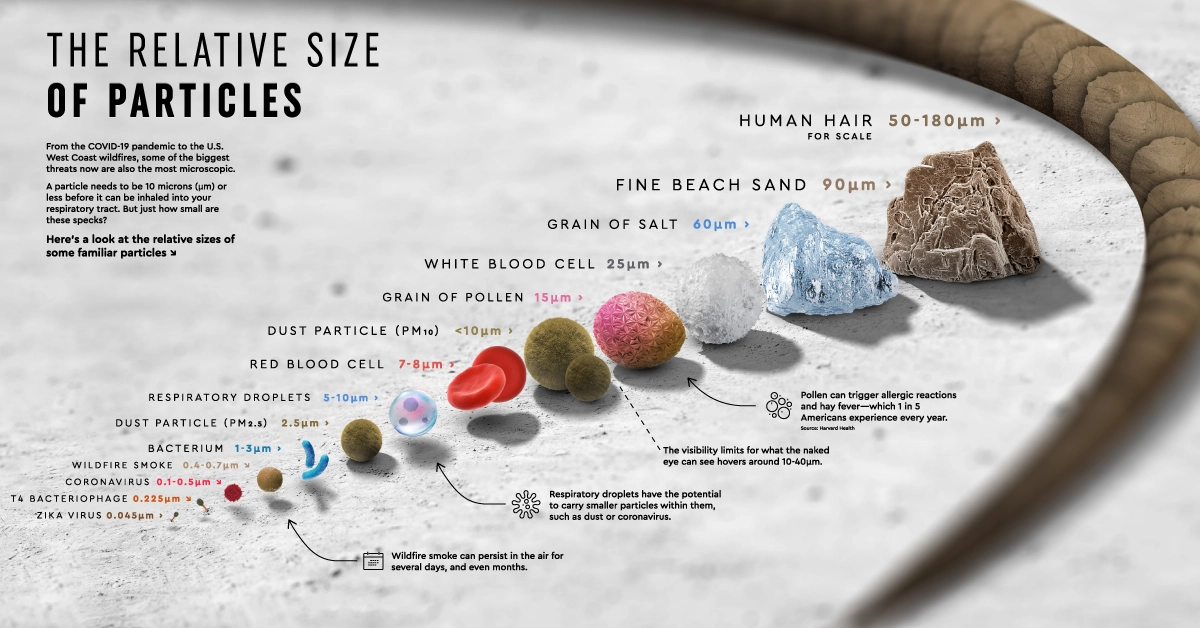
The Importance Of Good Air Quality:
Air quality affects every aspect of our lives. The fewer contaminants there are in the air we breathe, the better our health.
Reduction of pollutants and particles results in:
- Fewer Asthma attacks
- Reduction of risks of heart disease
- Lower chance of stroke
- Reduced likelihood of lung disease.
- Fewer incidences of lung cancer
Cleaner air reduces all of these problems.
As for humidity, air at a certain level of humidity reduces irritation to nasal passages and sinuses. It can also help itchy skin and reduce the chance of flu and cold viruses.
Why Are Air Purifiers Important?
Air Purifiers clear out the various contaminants in the air. A good filtration system can clean out particles down to the size of 3 microns.
Air purifiers reduce the levels of pollen, allergens, and even disease particles in the air.
Advanced systems can also reduce odors and harmful vapors, including those given off by new furniture (called off-gassing) and other VOC.
Why Are Air Humidifiers Important?
While overly humid air can make us feel sticky and uncomfortable, proper humidity has several benefits.
Generally speaking, the optimum humidity for most people is 45%, with a healthy range between 30% and 50%.
Humidifiers can help replenish moisture lost by opening doors or by airflow from cooling systems, which are generally dry.
Proper humidity can reduce the following health problems for people:
- Irritation of throat and sinuses
- Dry, itchy, or even cracking skin
- Occurrences of flu or cold symptoms or other viruses
- Persistent dry mouth
- Dry eyes, or eyes that are watery.
Having a humidifier in your home, especially in a dry climate, can reduce the irritations you experience and improve your quality of life and overall health.
Brondell Air Filter Vs. Hospital Grade:
| Brondell | Hospital Grade |
| Uses a five-layer filtration system, including 2 HEPA filters | Uses a 3-stage filtration system, including one HEPA filter |
| Pre-filter layer traps large particles | Mechanical filtration traps particles |
| The activated charcoal layer catches gasses and VOCs | Chemical filtration kills bacteria |
| The proprietary gas-reduction filter removes chemicals and VOCs | No specific filtration for odors or gasses |
| Each HEPA filter catches 99.97% of particles as small as 0.3 microns | HEPA13 filter catches 99.9% of particles down to the size of 0.1 microns |
Both systems have their positive aspects. Brondell has an advantage in that it also reduces gasses and noxious odors from the air, which the Hospital Grade filtration system does not.
The Hospital Grade system may catch smaller particles, but the filters are guaranteed to trap about the same percentage of airborne particulates.
Who Should Use Air Purifiers And Humidifiers?
Anyone can use air purifiers and humidifiers, and everyone will experience some benefit from having them in the home. In general, air purifiers and humidifiers can increase basic comfort in any living space by improving air quality.
However, certain types of individuals may benefit more than others from the introduction of these devices.
Asthmatics:
The reduction of pollutants in the air, as well as gasses, reduces the level of overall irritants. Asthmatics can be sensitive to many things, from gasses and odors to certain particulates.
An air purifier can remove most airborne substances that might trigger an asthmatic person.
Asthmatics also benefit from humidifiers, which reduce irritation to nasal passages and lungs.
Allergy Sufferers:
Allergens are a common problem and one that most purifiers are well-equipped to handle. With a good purifier to take dust particles, pollen, and other common allergens out of the air, allergy sufferers will have much less trouble with their symptoms.
Humidifiers can also help reduce the level of dust in the air, which can help those suffering from certain types of allergies.
Individuals With Chronic Lung Diseases:
Respiratory diseases like chronic bronchitis, COPD, and lung cancer leave respiratory systems weakened and more easily irritated by contamination in the air.
Filters in air purifiers remove particles that can cause a flare-up of the illness or make a recovery more difficult.
Humidifiers can make the air easier to breathe and reduce irritation. They also lower the risk of common infections, making it difficult for people with chronic health conditions to recover.
Individuals With Sensitive Skin:
Humidifiers are important for people with sensitive skin or certain skin conditions. The added humidity can help lower the chance of outbreaks, rashes, or dry, itchy skin.
Individuals With A History of Sinus Issues:
People with regular problems with conditions like sinusitis or nosebleeds may want to consider a humidifier or air purifier to help reduce incidents. Both devices can help reduce the conditions that may result in episodes.
Other Major Health Conditions:
Air purifiers and humidifiers have been found to aid persons at risk for or suffering from strokes and heart diseases.
Air purifiers and humidifiers can provide aid and comfort for anyone suffering from a weakened immune system by reducing the contaminants that may make them ill.
Other Ways To Improve Air Quality In The Home:
Air purifiers and humidifiers are not the only ways to improve your in-home air quality. There are several things you can do.
Steps you can take to improve your home air quality include:
Remove Carpeting:
Carpets can hold dirt and other particles within the fibers, leading to poorer air quality. They can even trap odors and gasses that can become a problem.
Rugs may create a similar problem; however, they are easier to wash and clean if you want something softer than wood or tile floors.
Regular Air Filter Changes:
Most homes, especially those with central air and heating, have air filters on their heating and cooling units.
Changing these filters regularly will result in better air quality. Most recommendations are every 1 to 3 months, depending on your living area, home size, presence of pets, and other factors.
Include filters on laundry machines in your maintenance, and clear them out no less than every 2-3 loads.
Use Vents When Cooking:
Most cooktops have an overhead vent. Using this pulls smoke and vapors out of your home, which benefits the air quality.
You’ll also want to regularly clean the vents to prevent the buildup of oils and other deposits that may be reintroduced into the air if the vent is too dirty.
Regular Sweeping and Dusting:
Regularly sweeping and dusting your home removes any deposits of particles. It not only extends the life of your filters and purifiers, but it also helps keep your home looking neat.
When dusting, pay particular attention to air vents, window blinds, and the top of higher surfaces – all places where dust and particles tend to gather.
You’ll also want to sweep baseboards and behind appliances to make sure there are no accumulations there.
Take Out Trash and Clean Out Disposals:
Both of these are common sources of unhealthy particles.
Clean and sanitize trash cans and garbage disposals regularly to keep the influence of both noxious odors and biohazard particulates away.
Clean Air ducts:
Dirty ducts are breeding grounds for trapped dust and other particulates. When running your HVAC system, the matter sitting in your ducts is forced out with the air and enters your room.
One solution if you’re on your mission for optimal air quality is getting your air ducts cleaned. An Air duct cleaning service will insert a spinning brush in your vent that will dislodge caked-on debris.
Pet Care:
Regular brushing and baths help reduce the allergens carried on your pet’s fur if you have pets, especially furry friends. It also reduces the risk of diseases affecting you or your animals.
Regular Sanitization:
Regularly wipe down living areas with some form of disinfectant cleaning solution. Pay special attention to areas with a lot of traffic or high humidity.
Note: It’s best to use solutions that don’t have harsh chemicals. Harsh chemicals can affect people with certain sensitivities and aren’t good for anyone in general.
So these are just a few things you can do to help improve the air quality in your home. Keeping your home as pollutant and particle-free as possible is the best thing you can do.
Whatever you do, you should ensure you have the best set-up for your household and plan ways to ensure your air is as clean as possible.


